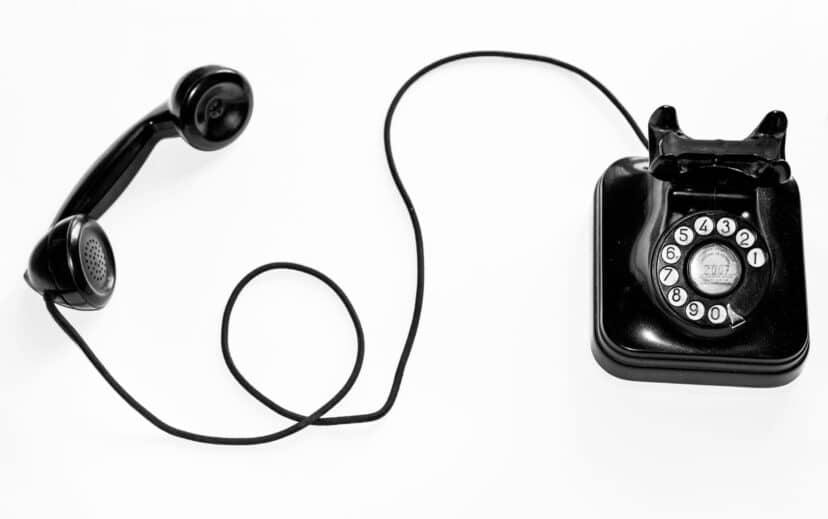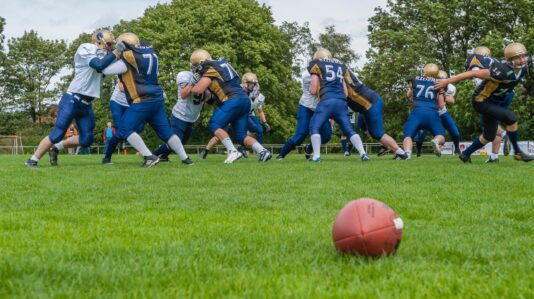New Jersey law regarding recording conversations is complex. While you may be able to legally record a conversation in New Jersey for civil purposes, the rules for law enforcement are much stricter. When parties are in different states, it gets even more confusing because you must consider other state and federal laws. State laws can vary greatly both in terms of the legality of recording and the admissibility of such evidence in court. Before you record a conversation or if you were recorded without your consent, you should speak to an attorney to understand your legal rights.
New Jersey Law
Under New Jersey law, only one party to a conversation is required to consent to a recording to make it legal. This is similar to New York law, and less restrictive than states like Florida and California that require two-party consent. As a result, you can legally record your own conversations with someone else, but recording a conversation in which you do not take part is a crime.
There are different rules for criminal investigations. In general, a recording is not legal even with one party’s consent if it is going to be used for a law enforcement investigation, unless the law enforcement officer has obtained prior approval from the state Attorney General or a county prosecutor.
Federal law and interstate recordings
Like New Jersey state law, federal law allows recordings with the consent of only one party. This applies whether all parties are in New Jersey or in different states. However, it is important to be mindful that if a party to the conversation is in a two-party consent state, such as California, the recording may still be illegal in that two-party state.
However, federal criminal cases follow New Jersey state law when it comes to the legality of recordings for criminal investigation purposes. Recordings are generally prohibited in federal criminal investigations even where the consenting party is not in New Jersey if the investigation is aimed at prosecuting the case in New Jersey.
Admissibility of recorded conversations in New Jersey
Under many state and federal laws, recorded conversations cannot be used in court as direct evidence because they constitute inadmissible hearsay. However, they are admissible when they fall under a hearsay exception and are relevant to the case. For example, recorded statements can be used if they are a declaration against the interest of the speaker, an inconsistent or contemporaneous statement, or a party admission. It is also acceptable to use the recorded conversation to impeach a witness. However, if the conversation was unlawfully recorded, the court may not allow the recording to be introduced as evidence.
Conclusion
Capturing a recording of a conversation may seem like a good idea but it can pose substantial risks. It is best to consult an attorney about the legalities of recording and using the statements in court. Our attorneys are experienced with many state and federal laws and can offer advice particular to your situation. Contact us today.






